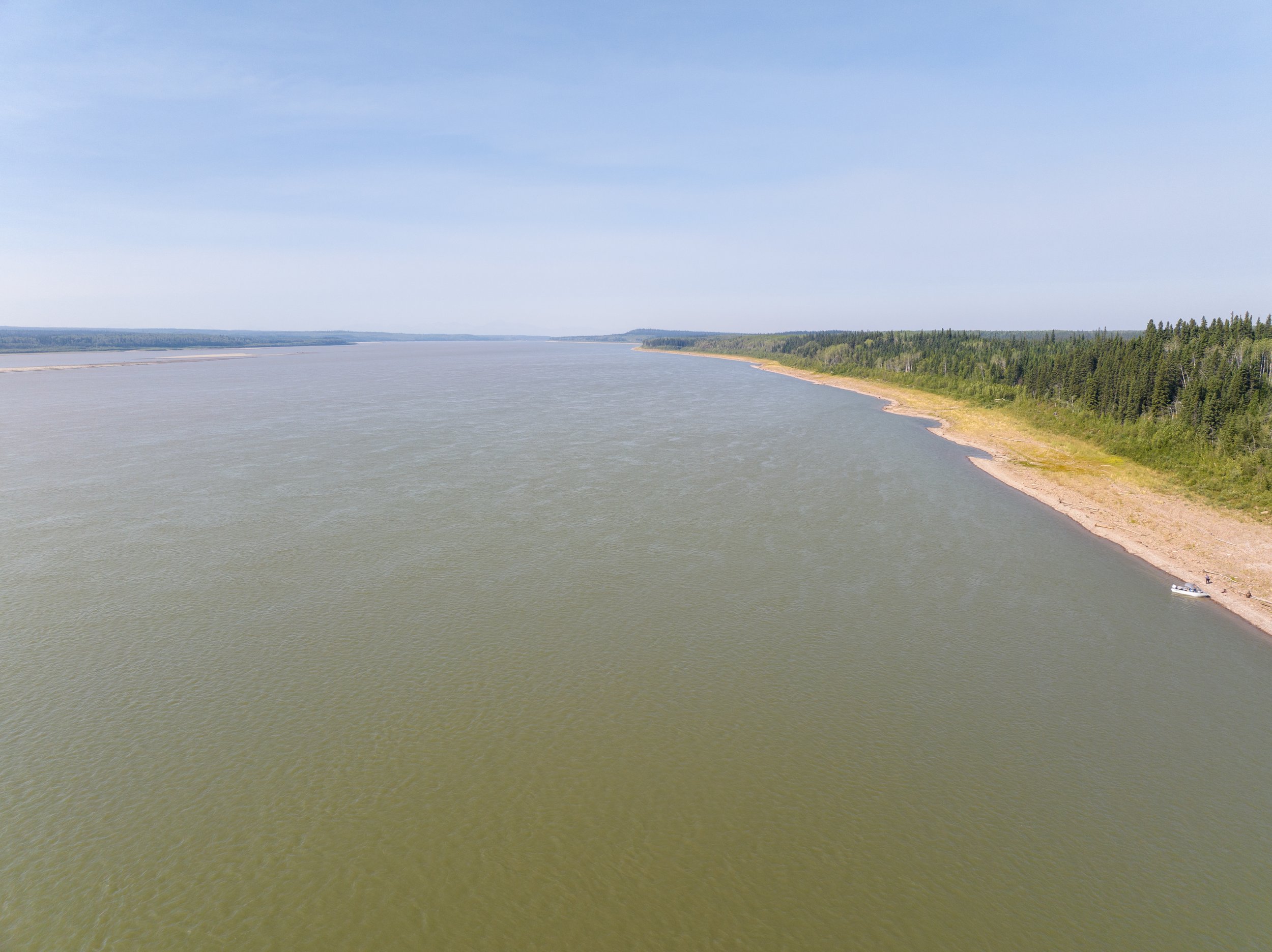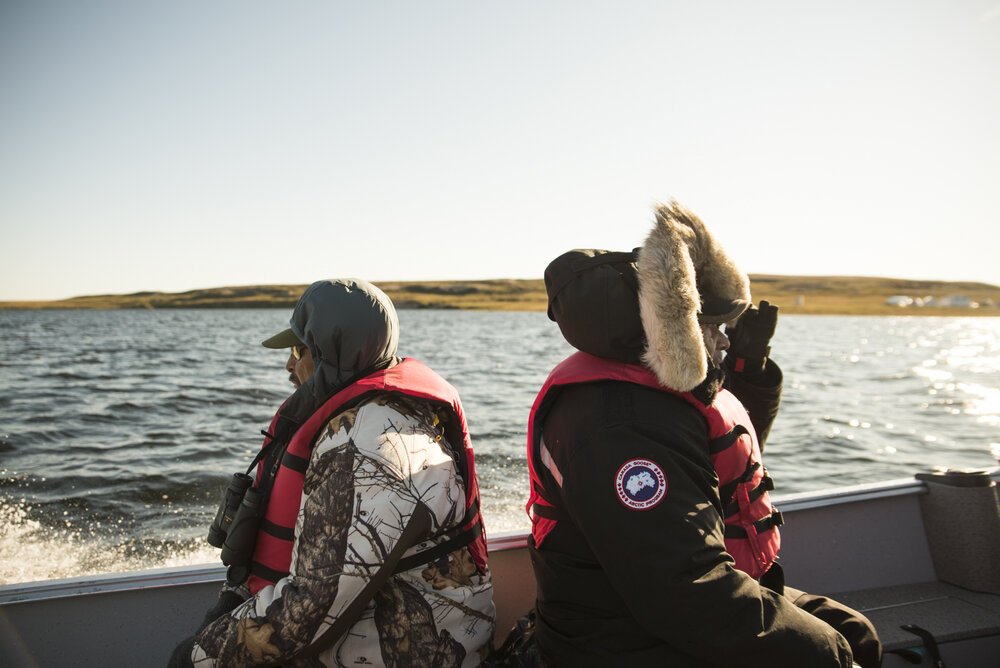
The PFP Model
NWT: Our Land for the Future is designed around the financing model known as Project Finance for Permanence (PFP).
PFPs lead to comprehensive funding agreements between partners including governments at all levels and private philanthropies, and they that are designed to sustain healthy lands and local economies.
PFPs support a balanced approach to economic prosperity. They create transformative benefits, including building community capacity, strengthening language and culture, and diversifying the economies.
PFPs support a balanced approach to economic prosperity.
The NWT PFP will create transformative benefits, including building community capacity, strengthening language and culture, and contributing to healthy and equitable economies
This made in the North model will balance growth and prosperity with climate, food security, and conservation-based activities. And it will create new jobs and draw new investments in community economic development opportunities across the territory.

PFPs focus on making long-term investments. Instead of funding something for a year or two, they offer the opportunity seek ongoing support.
Instead of only providing funding for the creation of a protected area, they also invest in the long-term stewardship of the area. And instead of focusing on one site at a time, they work across regions.
Canada already has experience using the PFP model to support Indigenous aspirations to protect and steward traditional lands and waters.
Fifteen years ago, the Great Bear Rainforest Agreements were an early example of how this model can generate major conservation and community benefits. And in June 2024, the Great Bear Sea PFP was finalized. PFP initiatives have been initiated in other parts of the world, too—in Colombia, Costa Rica, Peru, the Brazilian Amazon, and Bhutan.
In December 2022, at the United Nations Summit on Biological Diversity, Prime Minister Trudeau announced his intention to protect nature by advancing reconciliation with Indigenous Peoples. He pledged at least $800 million to support Indigenous-led PFPs, including the NWT PFP.




